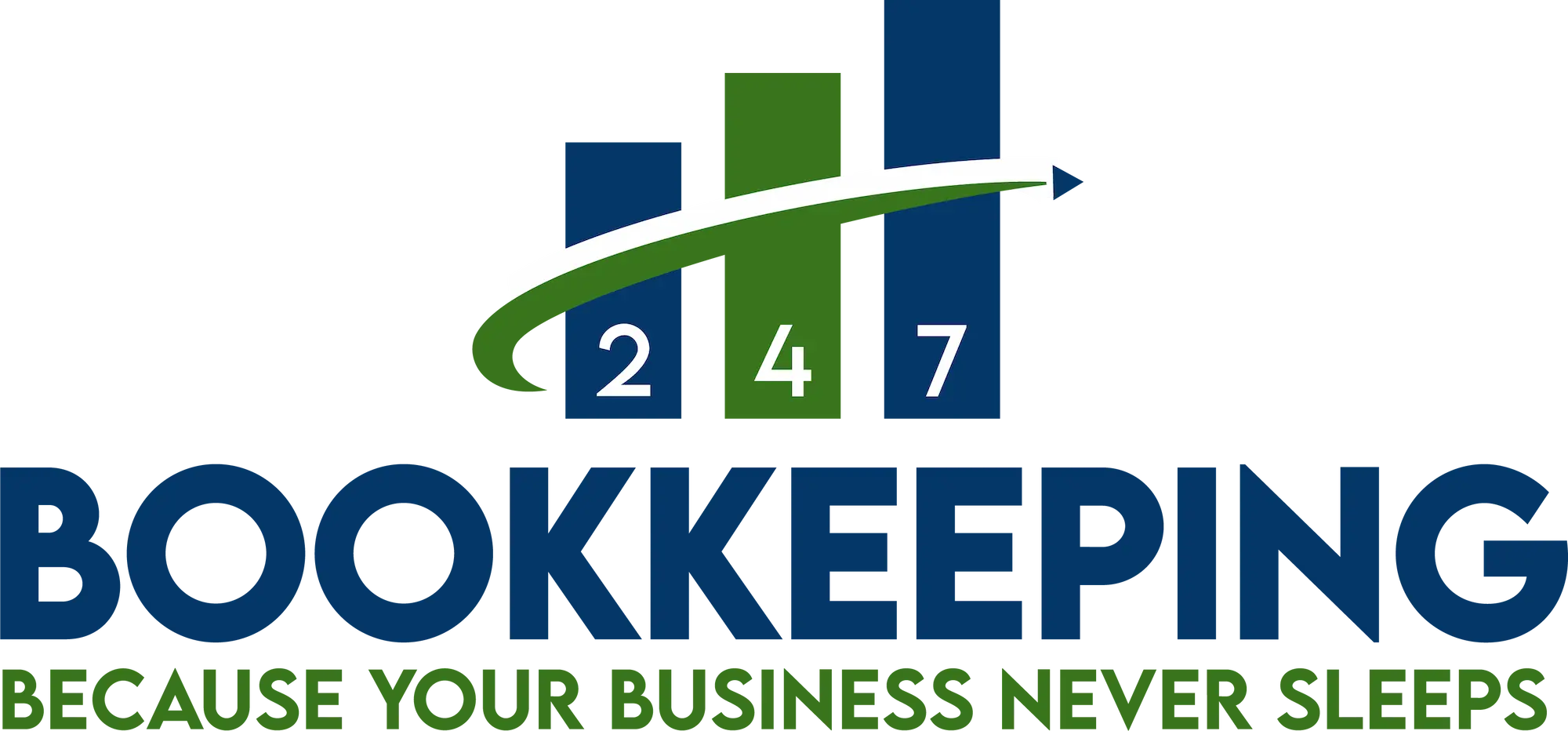Running a small business means keeping track of money—how much is coming in, going out, and what’s left over. This is where financial reports come in. They help business owners see how their company is doing and make better decisions.
Here are the three most important financial reports every small business should know:
1. Income Statement (Profit & Loss Statement)
This report shows how much money your business made and spent over a period of time. It helps answer the question: “Am I making a profit?”
📌 Key parts:
- Revenue: Money from sales or services.
- Expenses: Costs like rent, wages, and supplies.
- Profit (or Loss): What’s left after paying expenses.
💡 Why it matters:
- Shows if your business is making or losing money.
- Helps with tax preparation.
- Guides decisions on spending and pricing.
2. Balance Sheet
This report gives a snapshot of your business’s financial health at a specific moment. It helps answer: “What do I own, and what do I owe?”
📌 Key parts:
- Assets: What your business owns (cash, inventory, equipment).
- Liabilities: What your business owes (loans, bills).
- Equity: The value left for you after debts are paid.
💡 Why it matters:
- Helps track financial stability.
- Important for getting loans or investments.
- Shows if you can afford to grow your business.
3. Cash Flow Statement
This report tracks all the money coming in and going out. It helps answer: “Do I have enough cash to run my business?”
📌 Key parts:
- Cash In: Sales, loans, or investments.
- Cash Out: Expenses, loan payments, or purchases.
- Net Cash Flow: The difference between money in and out.
💡 Why it matters:
- Helps avoid cash shortages.
- Ensures you can pay bills on time.
- Shows how well your business manages money.
Final Thoughts
Financial reports don’t have to be complicated. They help small business owners understand their money, make smart choices, and plan for growth. Even if you’re not a numbers person, reviewing these reports regularly can keep your business on the right track.
Need help managing your finances? Consider using bookkeeping software or hiring an accountant to keep your reports in order!







